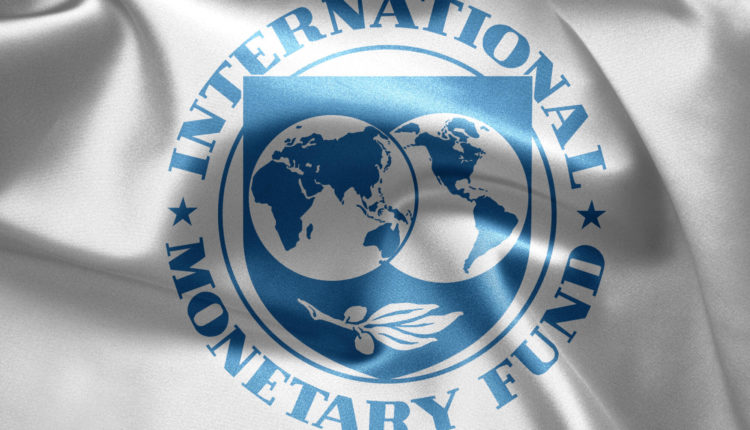Researchers from the International Monetary Fund (IMF) concluded that “cryptocurrency assets and other forms of electronic money” can one day replace fiat money and make deposits in traditional banks irrelevant.
The IMF research paper presents a number of different scenarios where cryptocurrencies and steylcocoins (“electronic money”) can trigger serious disruptions in banking systems.
The document claims that in future, fiat money will face stiff competition from electronic money denominated in euros, dollars or yuan.
Stablecoins are becoming more and more popular forms of electronic money. Money in electronic form can become more convenient as a means of payment, although questions arise as to the stability of their value. The IMF researchers compare the steakloins with private equity funds, which guarantee that “if you deposit € 10, you must also receive € 10 at the exit”. The issuer must be able to fulfill such obligations.
Researchers say that banks will experience competition from electronic money and cryptocurrency, but they should be able to respond by offering more attractive services or similar products. Nevertheless, politicians must be prepared for significant changes in the banking sector.
The document also points to risky and speculative market such cryptocurrency as Bitcoin and Ethereum , are not tied to fiatnym money.
Researchers point out that “the differences between different forms of money in terms of cost stability are quite noticeable.” If users are used to comparing money in accordance with income and risk, then researchers evaluate it in nominal terms relative to national currencies, which, according to them, “helps to focus only on making money”.
In a macroeconomic context, researchers say, e-money / cryptocurrencies are much more risky, although they potentially offer higher returns and capital gains. This is especially true for such assets as bitcoin and ethereum, whose value in fiat currency can fluctuate significantly. The researchers note that the standard daily fluctuations of Bitcoin is even higher than that of the Venezuelan bolivar against the US dollar.
The document notes that, in general, electronic money / cryptocurrencies are subject to risks, since they are not provided with government mechanisms to support and protect bank deposits (b-money).
However, despite the fact that "electronic money" is a "less stable means of storage," in the near future they can be widely distributed due to its attractiveness as a means of payment, the researchers argue.
“Electronic money is better integrated into our digital life than central bank money. Usually they are produced by companies that create them with a view of the user and integrate with social networks … Cross-border transfers of electronic money are much faster and cheaper than ordinary money transfers and making deposits in bank accounts. ”
Publication date 07/17/2019
Share this material on social networks and leave your opinion in the comments below.

